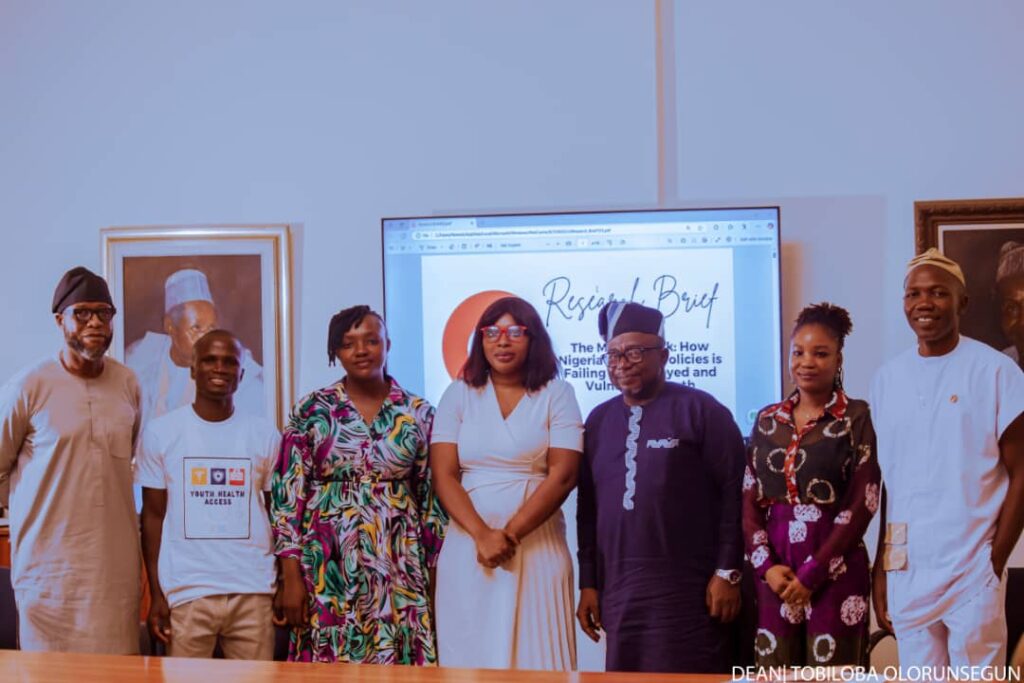The Development Education Network (DEAN) has urged the Federal Government to amend the National Health Insurance Act (NHIA) to allow unemployed and vulnerable youth groups access to health services through the National Insurance Health Scheme (NHIS) or Basic Health Care Profession Fund (BHCPF) at subsidised or zero-cost enrollment.
This, according to the body, would help in alleviating the financial burden faced by unemployed and vulnerable youths, strengthen the efficiency of Primary Healthcare Centres (PHCs), as well as increase young subscribers and also not limit PHCs to only maternity centres.
This formed part of the recommendations put forward by DEAN at the official launch of the Youth Health Access Survey funded by Irish Aid to address the issues limiting young peoples’ access to health care services and to provide actionable solutions.
Other recommendations in the survey, which targeted the Federal Capital Territory (FCT) to include the implementation of data aggregation mechanisms to accurately identify
and sort unemployed youths, thereby designing effective registration procedures that verify employment status and
streamline access to health insurance, the establishment of youth-friendly health hubs and mobile healthcare units in underserved regions.
The report of the survey, however, highlighted key challenges driving poor access of youths to healthcare services to include financial barriers and social protection gaps.
Executive Director DEAN Initiative, Semiye Michael who spoke at the Youth Health Financing Dialogue in Abuja, said there was a need to launch health awareness programmes to educate youths on health insurance benefits, provide them with mental health services, and also train primary healthcare staff on youth friendly approaches to ensure better engagement and care of young Nigerians.
While highlighting the need for partnerships with government and relevant stakeholders, he urged stakeholders to explore sustainable funding mechanisms and policy measures that would make healthcare services accessible to youths regardless of their economic status.
He said, “We must have the audacity to challenge and interrogate existing systems and policies because there will always be a better way to do things.”
The Chief Executive Officer of Development International Governance (DGI) Consult, Gafar Alawode, who regretted that government’s current expenditure on health remains inadequate, said there was an urgent need to reassess Nigeria’s health financing mechanisms and embark on health financing reforms.
“Nigeria spends roughly $10 per person on health, whereas achieving universal health coverage requires about $86 per person.
“The Abuja Declaration recommends allocating 15 per cent of the national budget to health, yet Nigeria spends below five per cent. Regarding GDP, countries advancing towards universal coverage allocate around five per cent, while Nigeria devotes less than one per cent.”














